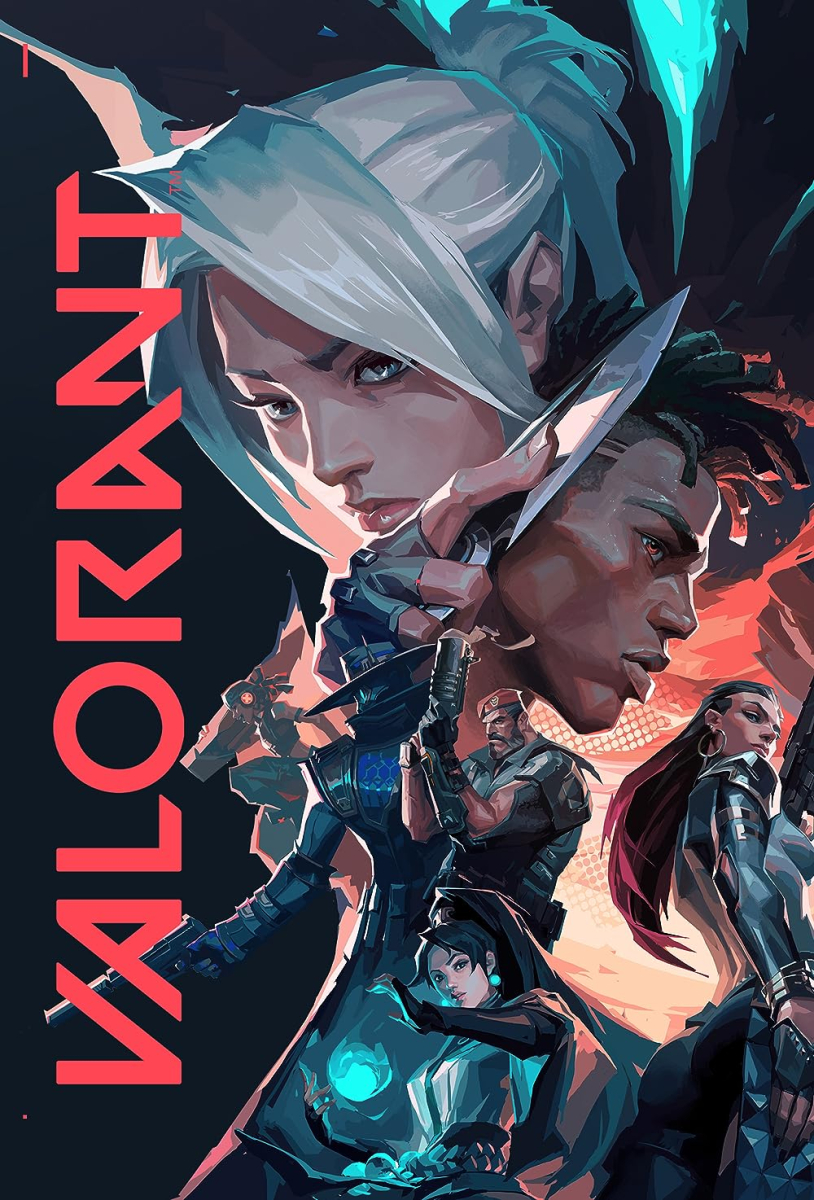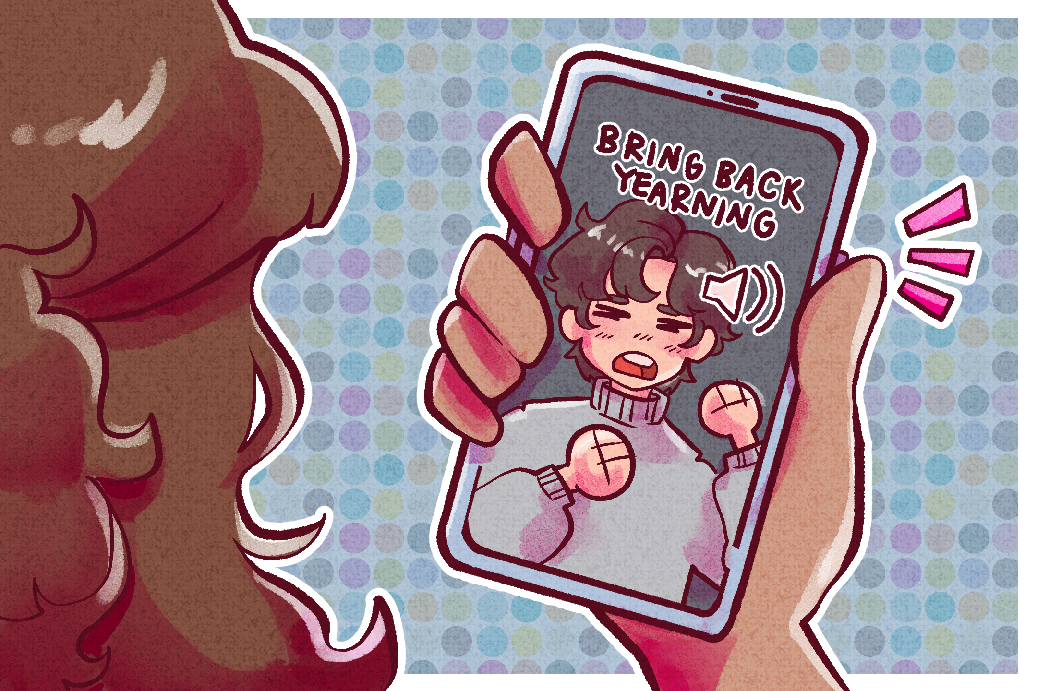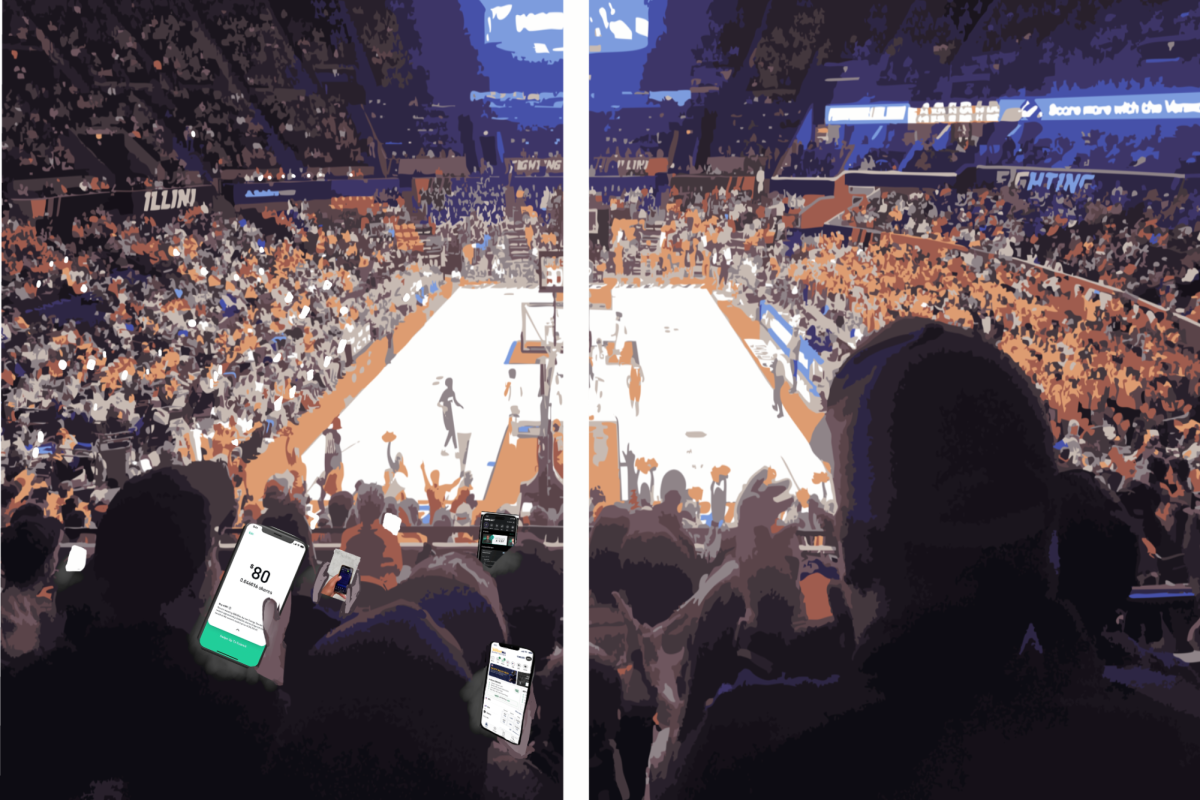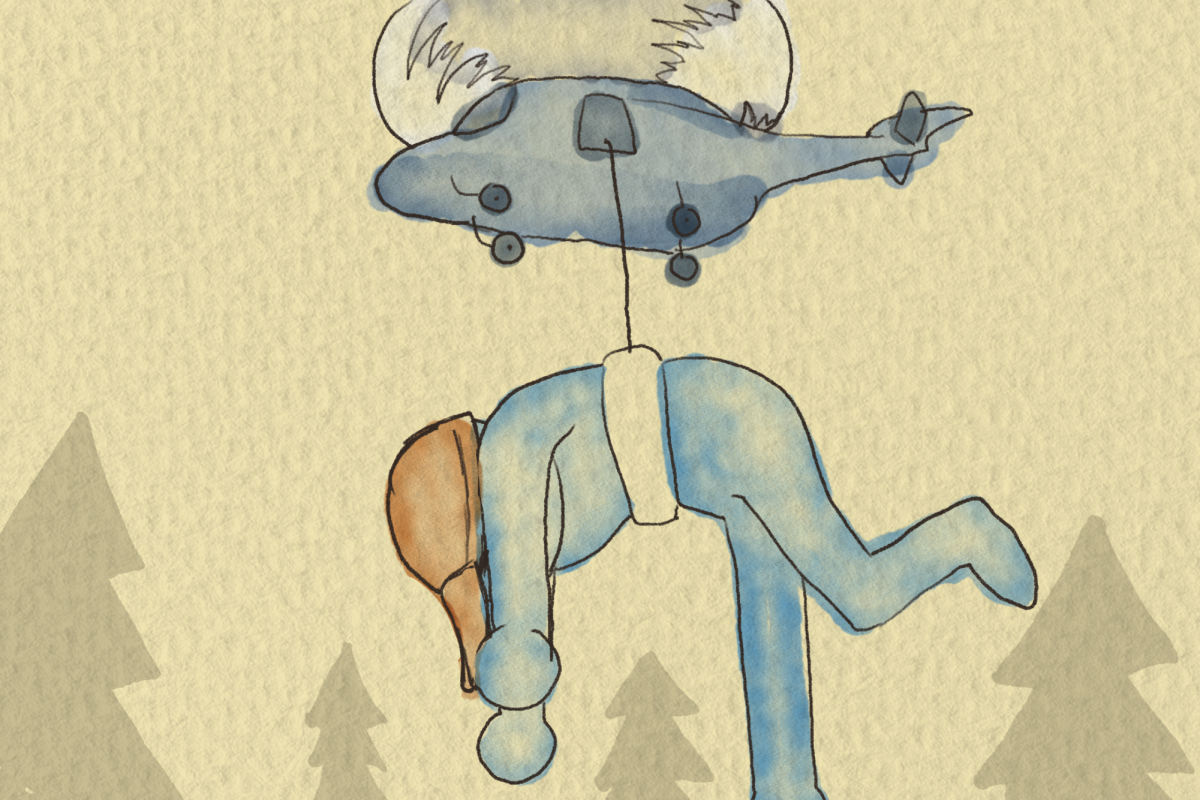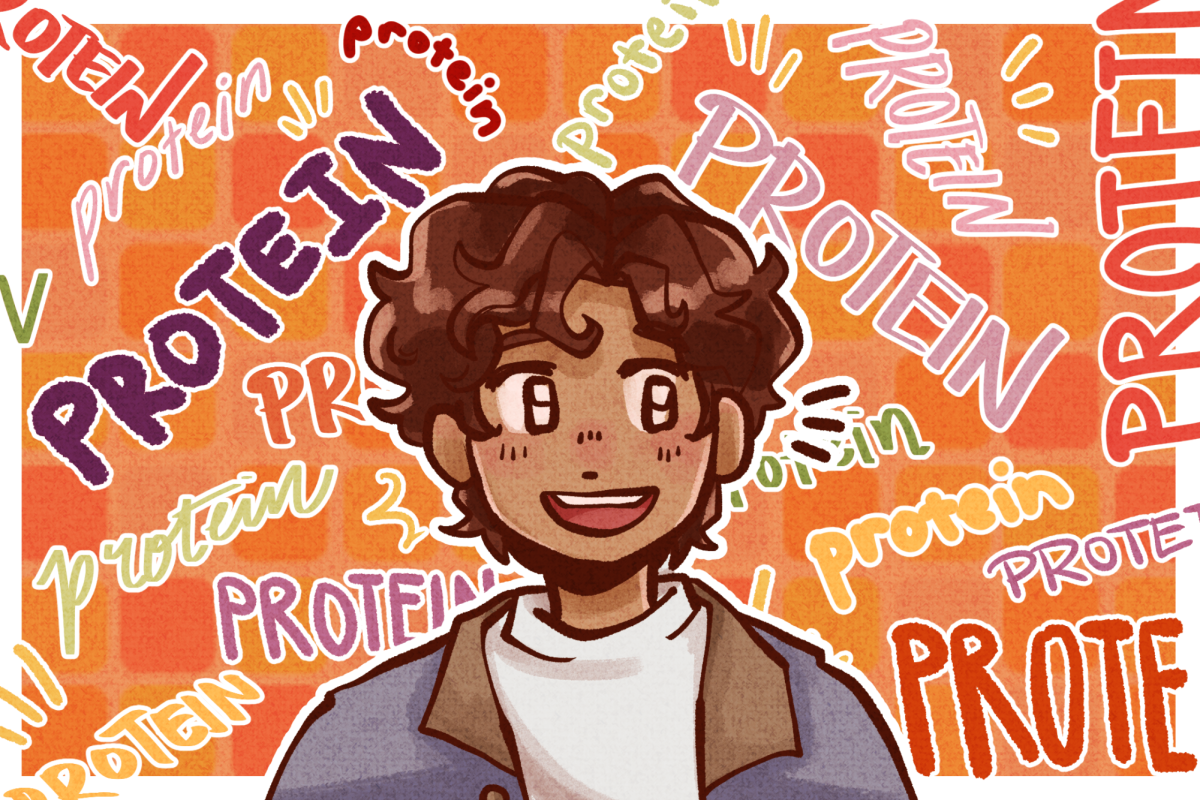Video games have evolved from simple forms of entertainment into social platforms, shaping relationships and creating bonds that extend far beyond the virtual world.
Take “Valorant,” for example. Riot Games’ first-person shooter has become more than just a game; it’s a thriving social network. The term “social network” often brings to mind sites like Facebook, Twitter or Instagram. However, “Valorant” offers something unique that transcends traditional social media platforms, making it an equally valid, if not superior, avenue for building connections.
First, let’s talk about interactivity. In traditional social networks, your engagement is often limited to likes, comments and occasional video chats. In contrast, “Valorant” is an interactive experience where you’re cooperating or competing in real-time. You’re not just passively scrolling through a feed; you’re actively participating, strategizing and building relationships through shared experiences.
Whether you’re defending a site or taking the Spike to its final destination, the actions you take in the game have immediate repercussions not just for you, but for your team. This type of dynamic interaction provides a richer, more immediate form of communication, making it an exciting way to meet new people.
Second, there’s the sense of community. The diverse player base of “Valorant” spans the globe, allowing you to interact with people from different walks of life. The game’s community isn’t just confined to the actual gameplay, either.
Get The Daily Illini in your inbox!
There are forums, Discord channels and social media groups where fans gather to discuss strategies, share highlights or even just meme. Twitch chats allow you to interface live with people you admire and emulate. Social media doesn’t really allow for this: This is a community in itself, in the same fashion tournaments are a team sport.
But what about meaningful relationships? Many people find the friendships and partnerships formed in the gaming world to be as significant as those made in the physical world. Games like “World of Warcraft” have been known to produce real-life couples and titles like “Counter-Strike: Global Offensive” and “Team Fortress 2” have fostered lifelong friendships.
“Valorant” is no different. The team-oriented nature of the game encourages strong bonds between players. You’re not just another username: You’re a valued member of a five-person squad, each with distinct abilities and roles. The reliance on teamwork naturally promotes a social environment, paving the way for immediate communication, deep, meaningful connections and an invigorating medium.
“Valorant” offers a compelling case for video games as legitimate social networks.
With its interactive gameplay, sense of community, potential for forming meaningful relationships and opportunities for self-expression, “Valorant” surpasses traditional social media platforms in many ways.
It proves that the scope for human connection isn’t limited to likes and follows; sometimes, it flourishes in the shared triumphs and defeats of a virtual battlefield.
Harrison is a senior in LAS.



